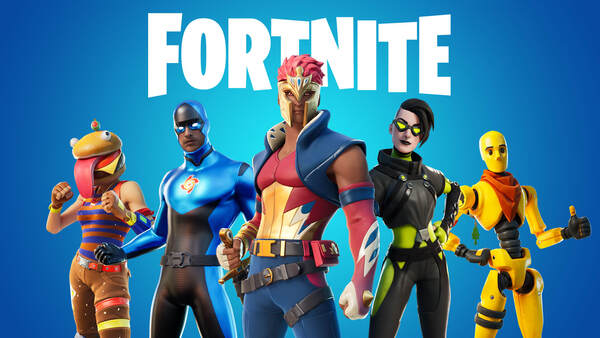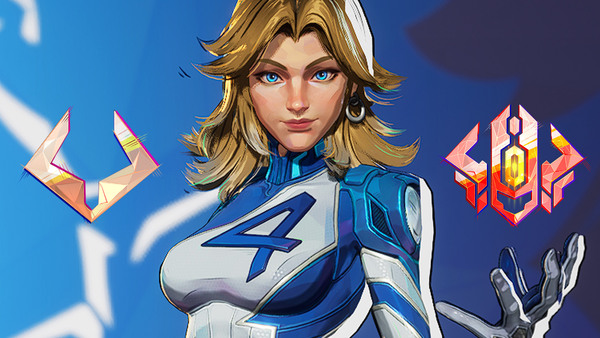Advertisement
Popular Now
Introduction
The FIFA series, developed by EA Sports, has been a staple in the world of sports video games for decades. With millions of players engaging in its various modes, particularly FIFA Ultimate Team (FUT), the franchise has seen significant commercial success. However, this success has not come without controversy, particularly concerning the introduction and evolution of pay-to-win mechanics. This article delves deeply into the issue of pay-to-win mechanics in FIFA, exploring its origins, implications for gameplay and community, and the ongoing debate surrounding its impact on the gaming experience.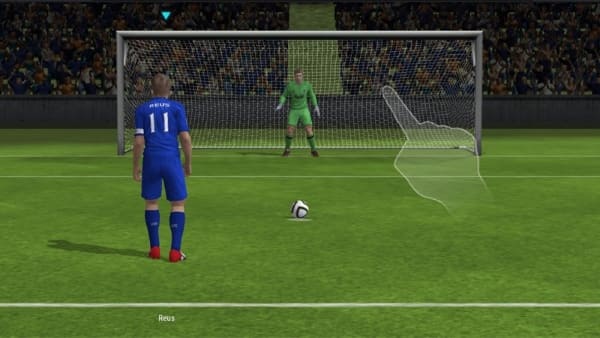
The Rise of Ultimate Team
A New Era in FIFA
Introduced in FIFA 09, Ultimate Team transformed how players interacted with the game. This mode allowed players to create their dream teams using cards representing players, managers, and other assets. The allure of building a competitive squad quickly attracted a dedicated fanbase.Initial Reception
Initially, Ultimate Team was well-received for its engaging gameplay and customization options. Players enjoyed collecting cards and competing in matches. However, the introduction of microtransactions soon began to shape the mode in ways that raised concerns.Microtransactions Take Center Stage
With the success of Ultimate Team, EA Sports introduced microtransactions in FIFA 11, allowing players to purchase FIFA Points. This shift marked the beginning of a new trend where players could buy card packs to improve their teams.- Increased Accessibility: Microtransactions provided an avenue for players to quickly enhance their squads.
- Growing Controversy: As the purchase of card packs became more prominent, players began to voice concerns about fairness and competition.
Understanding Pay-to-Win Mechanics
Defining Pay-to-Win
Pay-to-win (P2W) refers to a model where players can gain significant advantages in gameplay through monetary purchases. In FIFA, this translates to players who spend real money on FIFA Points being able to acquire higher-rated player cards more easily than those who do not.The Mechanics of Pay-to-Win in FIFA
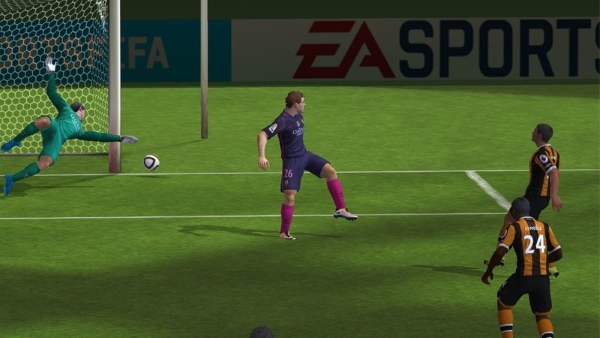
Card Pack Purchases
Players can use FIFA Points to buy packs, which contain a randomized selection of player cards. The likelihood of obtaining high-rated players is significantly higher with the purchase of multiple packs.- Randomization: The luck-based nature of packs means that spending money can lead to a better team, while non-spending players face a longer grind.
- Scarcity of High-Rated Players: Top players are often locked behind paywalls, creating a disparity between spending and non-spending players.
The Impact on Game Balance
The introduction of P2W mechanics has led to an imbalance in gameplay. Players who invest money can build formidable teams quickly, while those who refrain from spending often struggle to compete.- Competitive Integrity: Matches can feel one-sided, leading to frustration for players who choose not to spend money.
- Skill vs. Spending: The focus on monetary investment over skill can diminish the competitive nature that FIFA once celebrated.
The Community's Reaction
Backlash Against P2W Mechanics
The pay-to-win model in FIFA has not gone unnoticed by the community. Many players have voiced their concerns through various channels, including social media and gaming forums.Protests and Movements
- #FIFAGate: A movement arose on social media, criticizing EA Sports for its monetization strategies and the unfair advantages provided to paying players.
- Boycotts: Some players have vowed to boycott purchasing FIFA Points, advocating for a return to a more balanced gameplay experience.
Responses from EA Sports
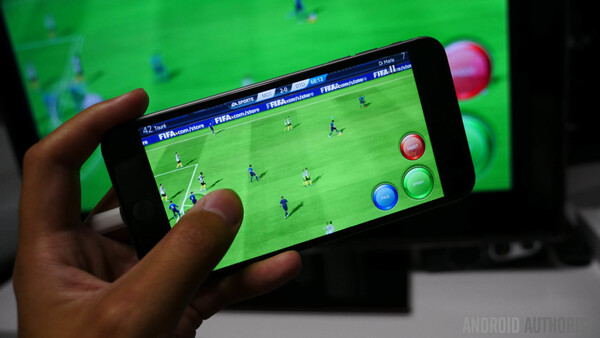 In response to the backlash, EA Sports has made some attempts to address player concerns. However, many players feel these efforts have been insufficient.
In response to the backlash, EA Sports has made some attempts to address player concerns. However, many players feel these efforts have been insufficient.
- In-Game Adjustments: EA has implemented changes to pack odds and offered additional rewards for non-paying players, but the fundamental P2W structure remains intact.
- Communication Issues: Players often express frustration over a lack of transparency regarding the mechanics of pack odds and the value of FIFA Points.
The Psychological Aspect of Pay-to-Win
The Illusion of Choice
For many players, the allure of pay-to-win mechanics can create a psychological trap. The ability to buy better cards can lead to a feeling of urgency to spend money to remain competitive.FOMO (Fear of Missing Out)
- Limited-Time Offers: EA frequently promotes limited-time packs, enticing players to spend money for fear of missing out on top-tier players.
- Social Pressure: Players may feel pressured to invest in FIFA Points to keep up with friends or the community.
The Impact on Player Enjoyment
The presence of P2W mechanics can detract from the overall enjoyment of the game. Players who choose not to spend money may feel disheartened by their inability to compete effectively.- Burnout: The grind for better cards can lead to fatigue, especially when players perceive that spending money is the only viable path to success.
- Reduced Satisfaction: Winning matches feels less rewarding when it’s perceived as a result of spending rather than skill.
The Financial Implications
EA's Revenue Model
The introduction of pay-to-win mechanics has proven lucrative for EA Sports. The revenue generated from microtransactions in FIFA is substantial, leading to increased profits year after year.Financial Success
- Record Sales: FIFA consistently ranks among the best-selling games annually, with a significant portion of revenue stemming from FUT.
- Investment in FUT: The financial success has led EA to invest more resources in Ultimate Team, further entrenching the P2W model.
The Cost of P2W for Players
While the P2W model benefits EA, it can come at a significant cost to players, both financially and emotionally.- Spending Addiction: Some players may find themselves spending beyond their means in pursuit of better teams.
- Long-Term Satisfaction: The transient joy from obtaining high-rated players often fades quickly, leaving players feeling empty.
Alternative Approaches to Game Monetization
Potential Solutions
As the controversy around pay-to-win mechanics continues, many in the gaming community are advocating for alternative monetization strategies that promote fairness and balance.Reward-Based Systems
- In-Game Challenges: Implementing systems that reward players for completing challenges with high-rated players rather than relying solely on purchases.
- Season Passes: Introducing season passes that provide rewards for gameplay rather than purchases could incentivize player engagement without creating an imbalance.
Community-Driven Solutions
The community plays a crucial role in shaping the future of FIFA. Collaborative efforts could help drive change.- Feedback Mechanisms: Establishing channels for players to voice concerns and suggestions could lead to more community-focused development.
- Beta Testing: Involving the community in beta tests for future monetization strategies may provide valuable insights into player preferences.
The Future of P2W in FIFA
Current Trends
As of recent installments, the pay-to-win mechanics continue to evolve. EA Sports has faced pressure from both players and regulators regarding their monetization practices.Regulatory Scrutiny
In some regions, P2W mechanics have come under scrutiny, leading to discussions about potential regulations.- Legislative Action: Governments are beginning to consider laws that could limit or regulate loot boxes and microtransactions in gaming.
- Public Sentiment: Growing awareness of the negative implications of P2W models has shifted public sentiment, pushing for greater accountability from game developers.
The Road Ahead
The future of FIFA and its monetization practices remains uncertain. EA Sports must navigate player expectations, regulatory pressures, and market trends.- Adaptation and Innovation: EA may need to innovate their approach to monetization to stay relevant in a rapidly evolving gaming landscape.
- Balancing Profit and Player Experience: Striking a balance between profitability and player satisfaction will be crucial for the long-term success of the FIFA franchise.












